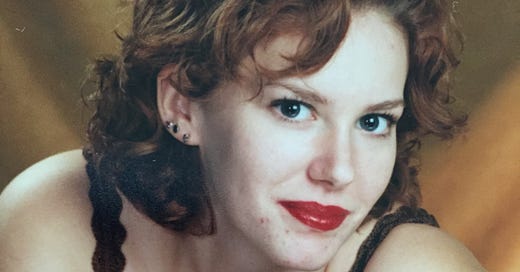I spent my day watching celebrity plastic surgery videos
and then I felt bad, but then I felt better
Welcome to the new schedule of Entropical Paradise! Every Friday you’ll receive a short essay from me, reflecting on writing, seeing, distraction, and presence (amongst other things).
Keep reading with a 7-day free trial
Subscribe to Gathering to keep reading this post and get 7 days of free access to the full post archives.




